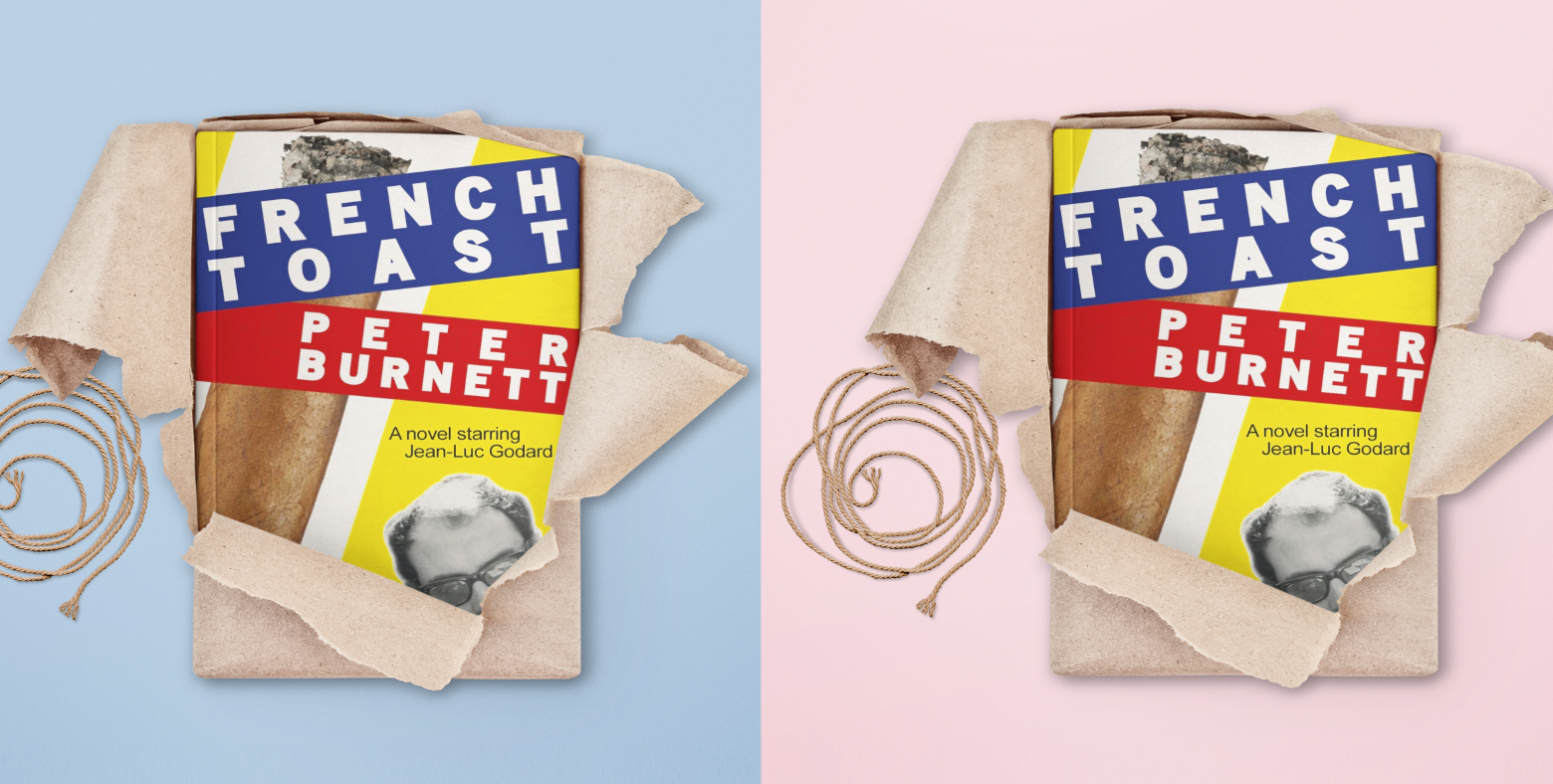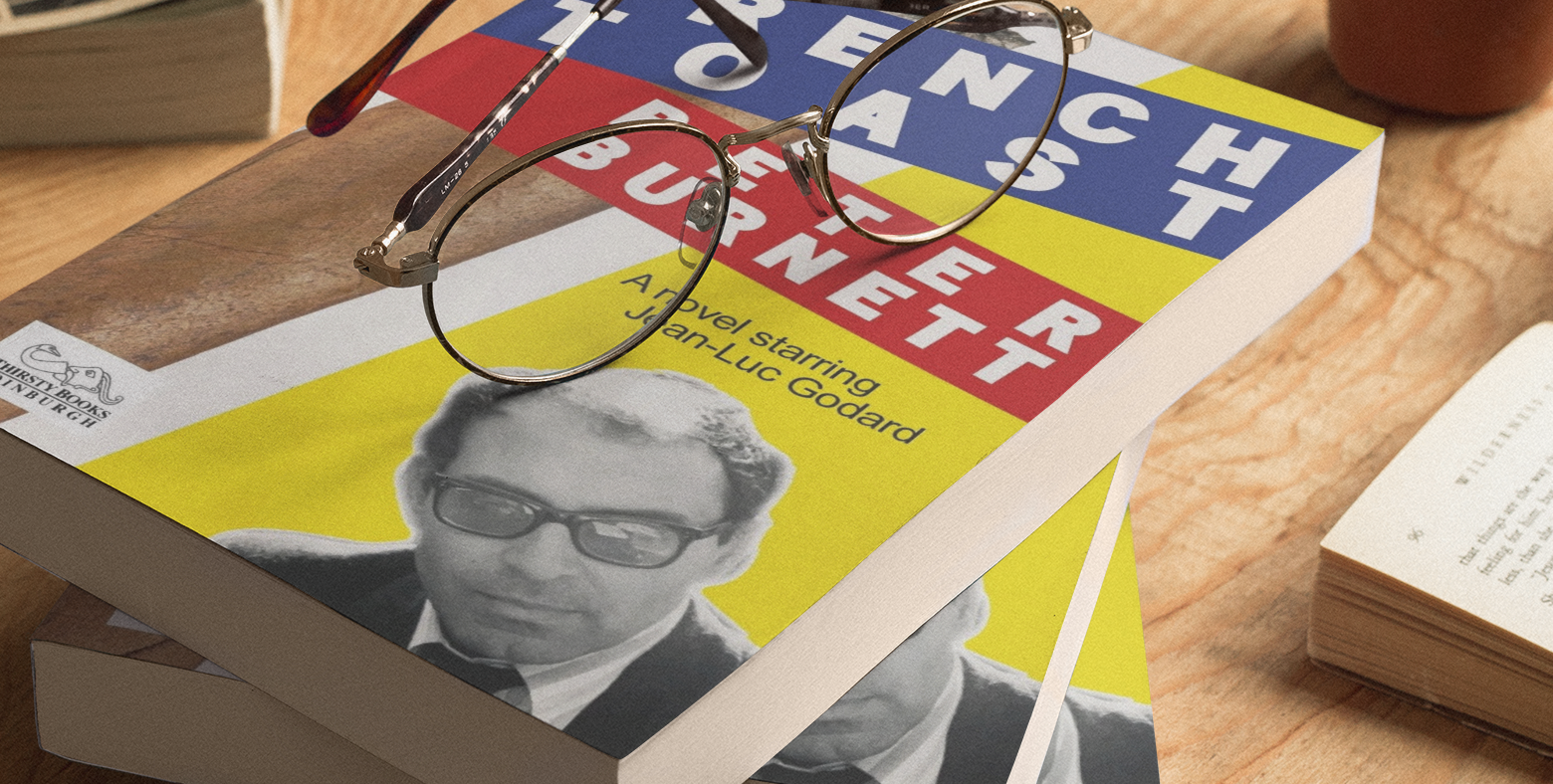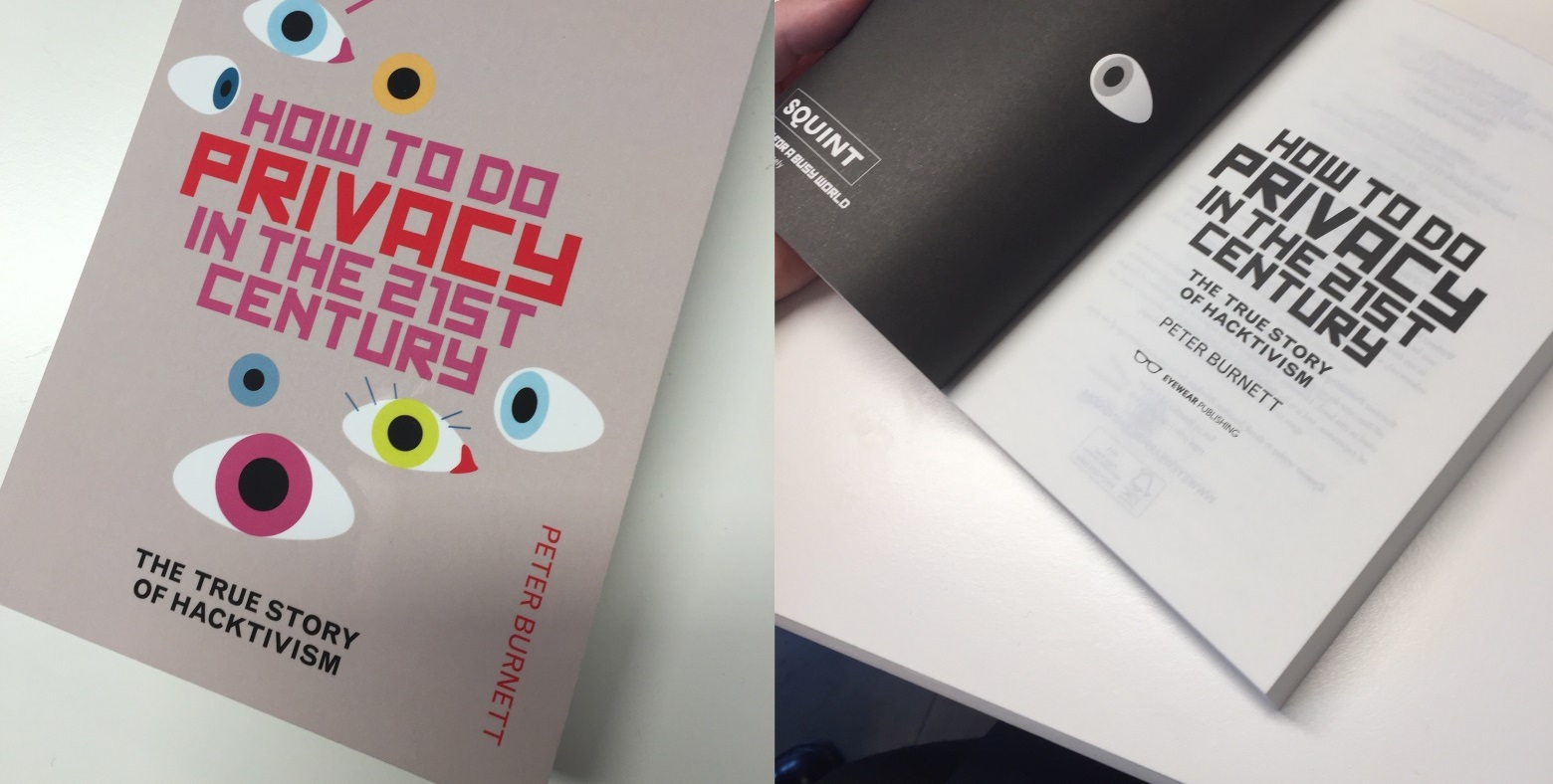The subject of work features in Fassbinder, but a 1960s political education in Europe featured much more Marxism than it does these days. From the many office scenes in World on a Wire, to the fairground in Fox and His Friends, and the amazing scenes of draftsmen at work in Why Does Her R Run Amok — and not forgetting the entire of Eight Hours Are Not a Day (Acht Stunden sind kein Tag) we regularly see the minutiae of labour in Fassbinder films – and here so, once more at the start of Mother Kusters goes to heaven.
Bad news comes early in the film – the inexplicable revolt of Frau Kuster’s husband, who by all accounts sounds like an ordinary capitalist drone, has cracked, killed his boss’s son and then himself – and he is about to become, along with his innocent widow, a cause celebre in the WDR. Brigitte Mira is not a typical Fassbinder outsider here but the opposite; an ordinary working human, as normal as they come, and about to be gently radicalised by the many agents of the system she encounters in her mourning process.
Mira is rather splendidly dumb in mourning, as might only be natural, making her the perfect subject for Gottfried John’s photo session. He talks and she moves; he creates silly scenes up of her standing stirring at the stove, and invites her most patiently into his journalistic traps so that she offers him something he can sensationalise in his paper. Mira is so ignorable as a housefrau and as a widow, that she maintains an internal course, nodding obediently, keeping home, a mannequin to all who come in contact with her – up until a certain point in the film – when she is in the house of the Bourgeois Communists.
Of Herr Kusters there is little to say, and yet a fairly comprehensive picture is developed, although there are so many other losers in the family that they more than make up for his absence. It’s the firm, native intelligence of Mother Kusters that sets her on her path to heaven. When she is captured by the Bourgeois Communists it’s her ability to express herself that lets her down, but when she comes to argue with the well-prepared Marxist West Germans, she has more sense and arguments than they could ever have. She denies that her husband was revolutionary, and with the kindest smile. Mother Kusters is bemused by the Communism she encounters and who wouldn’t be — it is a wickedly funny portrayal of political inactivity. Instead of turning to the party then, Frau Kusters affirms that the people are on the whole all right; that there aren’t too many problems out there; and that political parties, while they may be amusing, are not the answer.
One thing the papers get right about Frau Kusters is that she defends her man to the last. It’s perfect that in the movie we get so little evidence concerning the dead man and his actions, but that is the point; it is all about how politically, socially and commercially useful the death of even a fairly insignificant factory worker can be.
Kusters is more complex a role than just an elderly widow. Kusters, we notice, is drawn to Communism and the Communists at first, but this is because what she calls kindness, the other call Communism. One of the reasons that we see the family conducting piecework and assembling electrical fittings, is because it demonstrates they are real working people, living working lives; unlike the amazingly funny Bourgeois Communists who we see reading books, drinking liquor and tea, and lounging about their rather traditionally pleasant house.
‘I don’t know much about politics, but they try and explain it,’ says Kusters of her joining the Communist Party – a sentence that conjures up many scenes of ridicule, chaos and grooming. It’s certainly a climactic moment when Brigitte Mira as Frau Kusters addresses the party, and she does so straight to camera – almost – because it is the first time she has spoken to so many people at once. The speech is also filmed, indicating that it’s almost like a broadcast in itself, something people will be watching further down the line.
Mother Kusters is at this stage a West German Communist. Also at the meeting are a brilliant array of extras; and when Kusters speaks to them she doesn’t come across as a Communist, just the plainest person imaginable, a beautiful and for her, we hope, cathartic speech which must be Fassbinder’s most successful homage to Brecht. It is her beatification speech; in its clarity and delivery, and it final spills into communism entirely – anger included with hard economic facts.
It is during this speech that the politics of this comedy become harder and less funny — as they must — and it’s also when the anarchists come out of the woodwork. Doubtless many anarchists did hang about on the fringes of WD Communist party meetings.
From this point on in Mother Kusters Goes to Heaven, there are really two endings, and two were shot. One is very peculiar and features stills, with 'what happens' imposed in yellow script. Never seen anything like that before. But – as Kusters is delivering her great speech, and we are as transfixed to her as we ever were to the orator Kane, we cut to the actor Horst Knab, playing the anarchist, and a character we’ve never seen before, lurking and smoking in the hallway.
Wonderful – Fassbinder has told us quite definitely the moment when things political go all wrong, all wrong. And I am sure that although Brigitte Mira made many wonderful Fassbinder films, this scene is her greatest. This is also certainly her greatest role, but given there are so many, this fact may be up for debate, up for debate...











